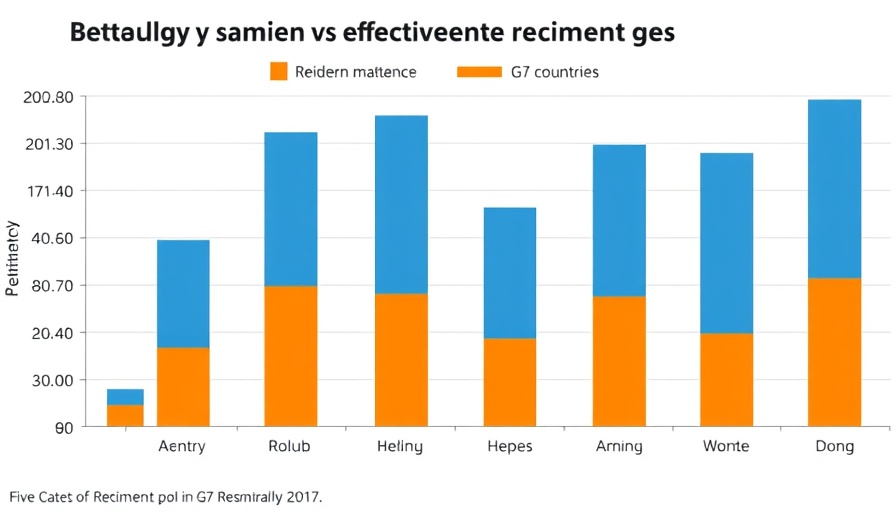
What's Behind the Shift from CHRO to Chief People Officer?
The role traditionally known as Chief Human Resource Officer (CHRO) is undergoing a significant transformation as organizations prioritize a people-centric approach to leadership. This shift isn't just about the title itself but reflects a broader commitment to enhancing employee experience and fostering a positive workplace culture. Tanya Reu-Narvaez's choice to adopt the title "Chief People Officer" highlights this change; by emphasizing 'people' over 'resources,' the role signals a progressive shift in how companies view their workforce—as partners in success rather than just assets to manage.
Breaking Away from Traditional HR Models
As noted by leaders like Helena Pagano of Sun Life Financial, the evolution from "HR" reflects a historical journey away from terminology rooted in the industrial era. Titles like CHRO were a stride away from the more archaic "personnel" functions that often relegated employees to mere numbers. Today, the emphasis on terms like "People Enablement" encapsulates a strategy focused on empowering employees, fostering growth, and supporting a culture of high performance.
The Importance of Modernized Titles in Workforce Strategy
Organizational leaders recognize that modernizing HR roles can be pivotal for employee engagement and retention. The commitment to a title that focuses on 'people' aligns with strategies aimed at maximizing performance and productivity. For instance, organizations that implement title changes such as Chief People Officer often report better employee satisfaction, enhanced collaboration, and improved performance metrics.
Why the Language We Use Matters
The terminology adopted in HR roles can significantly affect organizational culture. Shifting from a resource-based nomenclature to one that emphasizes empowerment is not merely a branding exercise; it's about cultural evolution. By reframing titles, organizations promote a narrative where employees are valued contributors to business success, ultimately fostering a more engaged and motivated workforce.
Looking Towards the Future: Trends in Workforce Management
Anticipating where workforce management is headed, it's clear that the importance of empathetic and people-first leaders will continue to rise. The Chief People Officer and similar roles suggest flexibility and responsiveness—qualities that resonate in today's rapidly changing work environment. Organizations aiming for sustainability and growth must invest in cultivating these values to keep pace with the demands of a diverse workforce.
Conclusion: The Role of Modern Titles in Shaping Organizational Culture
As businesses adapt to shifts in employee expectations, re-evaluating the language used within HR can play a critical role in defining organizational culture. Embracing titles like Chief People Officer not only reflects modern workplace needs but also serves as a commitment to fostering a people-centric approach that benefits both employees and the organization as a whole.
 Add Row
Add Row  Add
Add 




Write A Comment